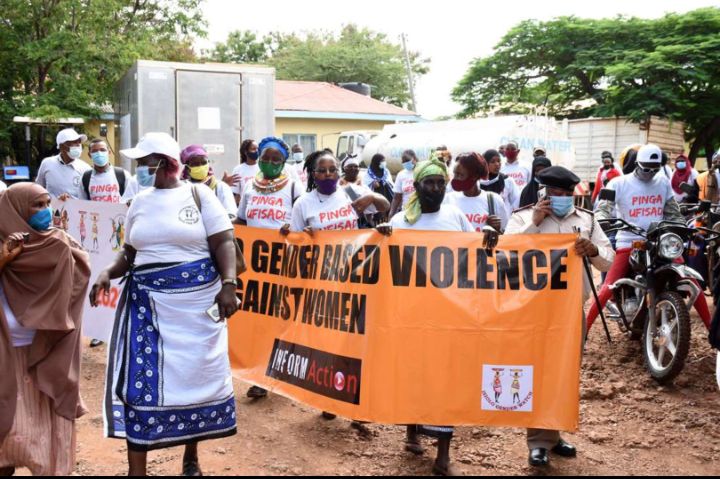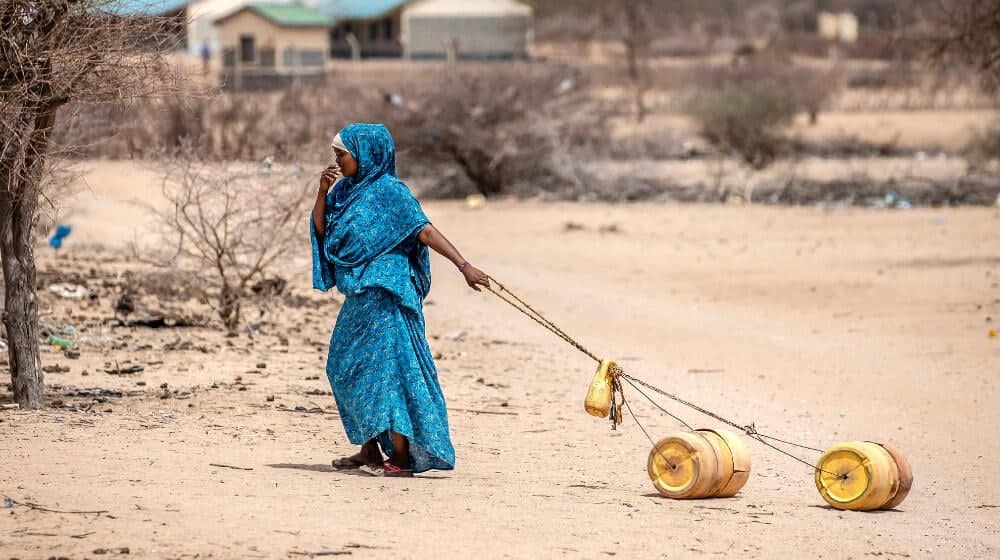In Tana River County, stakeholders are accelerating efforts to develop a Sexual Gender-Based Violence (SGBV) policy in response to a troubling increase in cases. The collaborative team, which includes civil society organizations, media representatives, and county administration members, aims to create a legal framework to address the growing crisis.

According to Abas Kunyo, the county’s Executive for Gender, while SGBV rates are generally declining nationwide, Tana River County is experiencing a surge fueled by harmful traditions and cultural practices. “Rape, domestic violence, and defilement are prevalent, with child marriage also a significant concern. In every ten children in the county, two are affected directly,” he stated.
Kunyo highlighted that approximately 1,000 girls are at risk of marriage each year, compared to fewer than 200 boys. This situation, he emphasized, inflicts severe psychological trauma on children who are not mature enough to handle the responsibilities of marriage.
“The main aim of this policy is to establish necessary structures to protect the girls and boys who are being abused, as well as the women and men whose rights are violated by toxic cultural practices,” Kunyo added.

Mumina Mohammed, founder of the TanAfrik Initiative, emphasized that the policy will tackle gender-related challenges by providing residents with locally relevant solutions. The multi-sectoral group has developed the initial draft, which will undergo public consultation to gather community input for the final version.
“We invite residents to share their views on how we can effectively address SGBV issues in the community. Our goal is to create a people’s policy rather than just an institutional one,” Mohammed stated.
This initiative began on Tuesday, evolving from the Zero Draft, and is supported by funding from the European Union and the United Nations Development Program (UNDP) through the TanAfrik Initiative.




